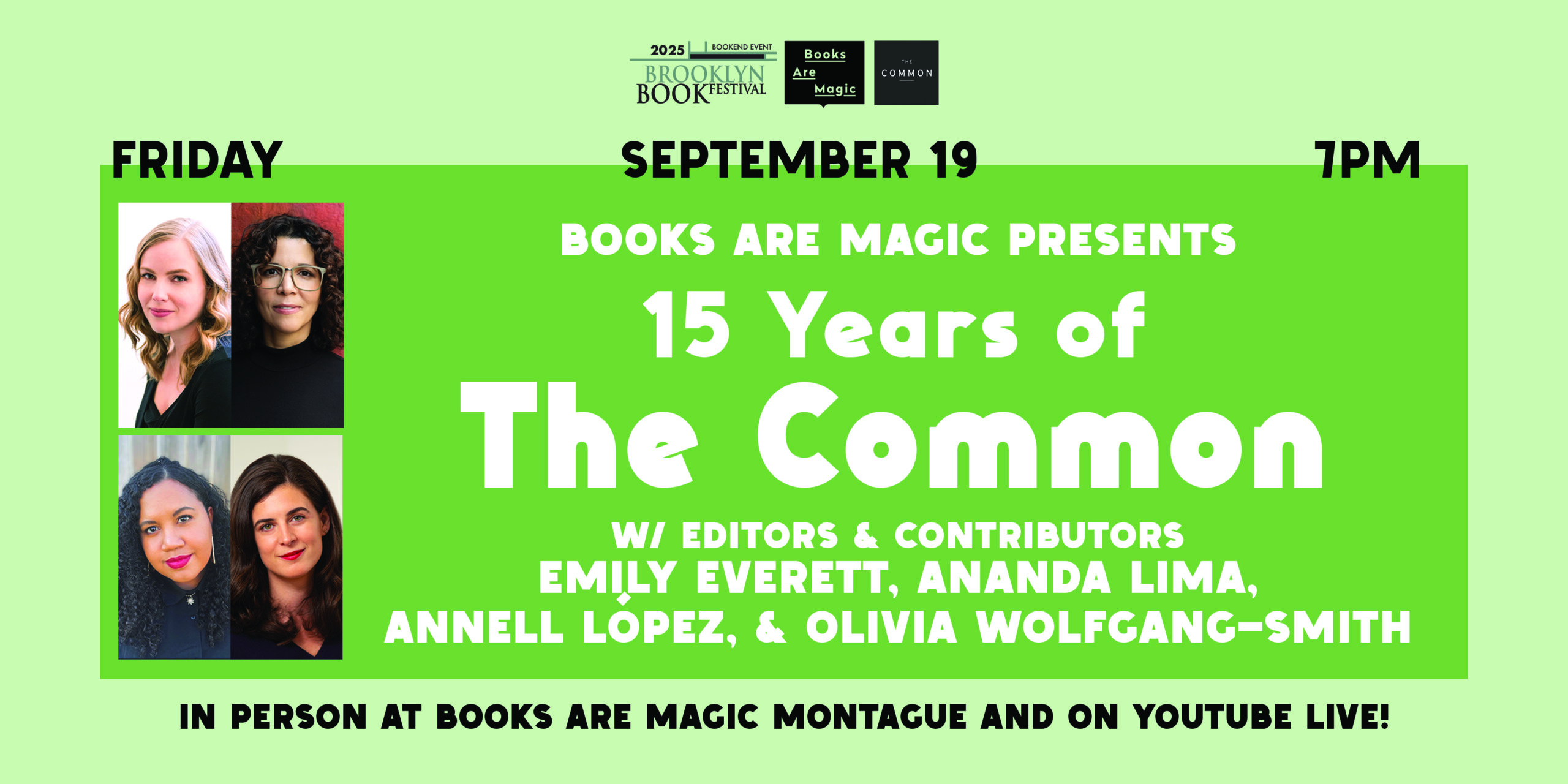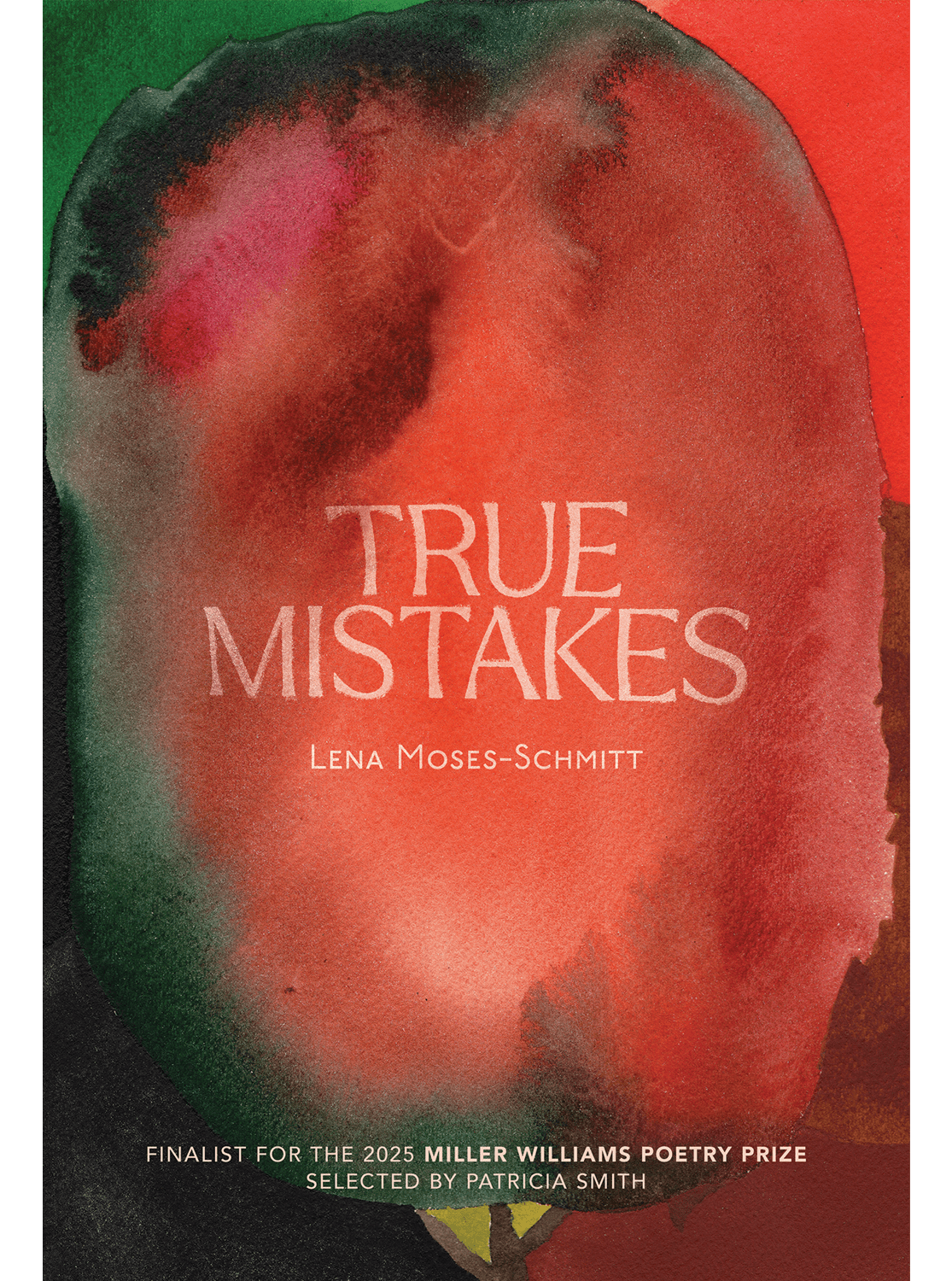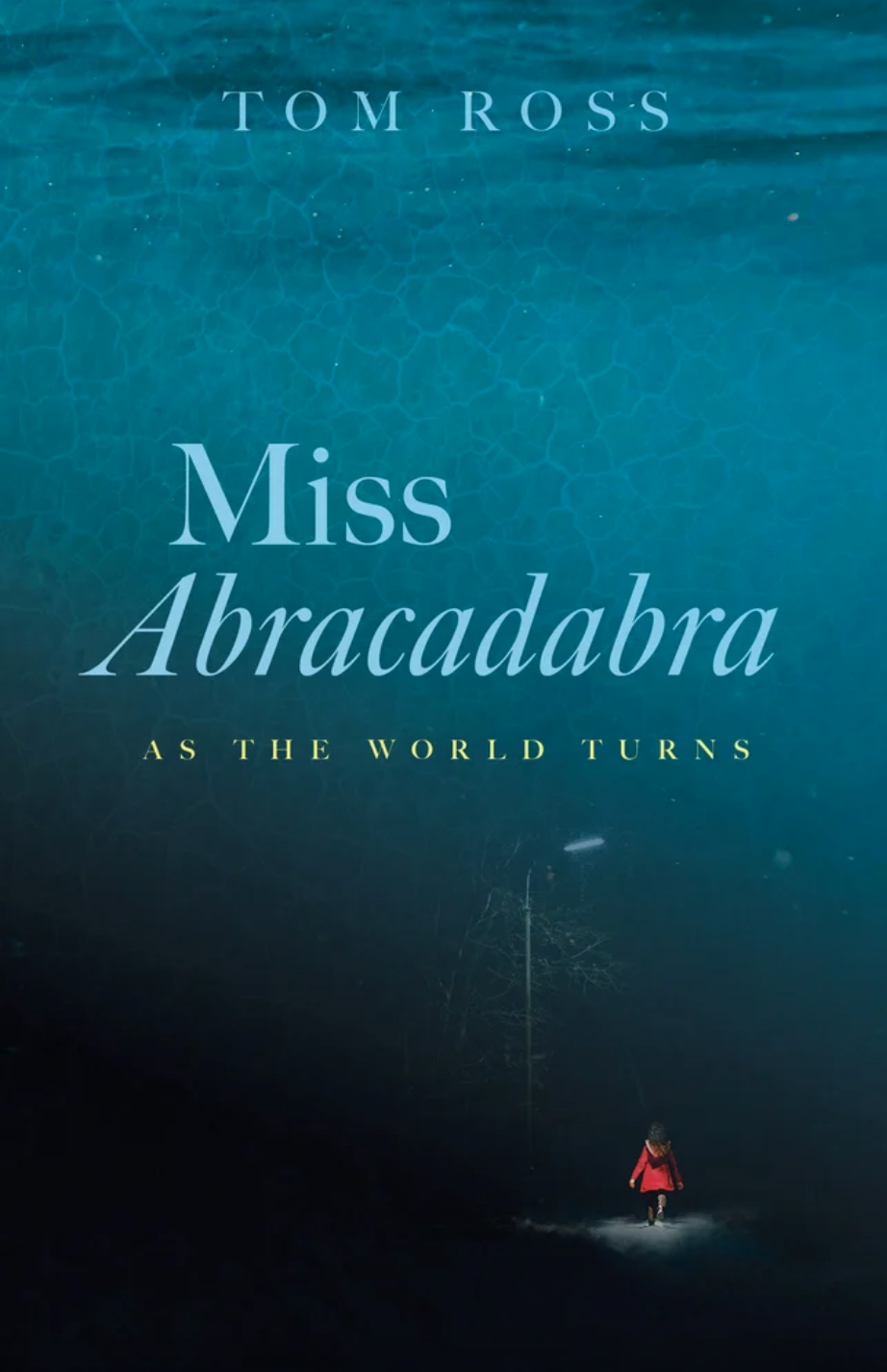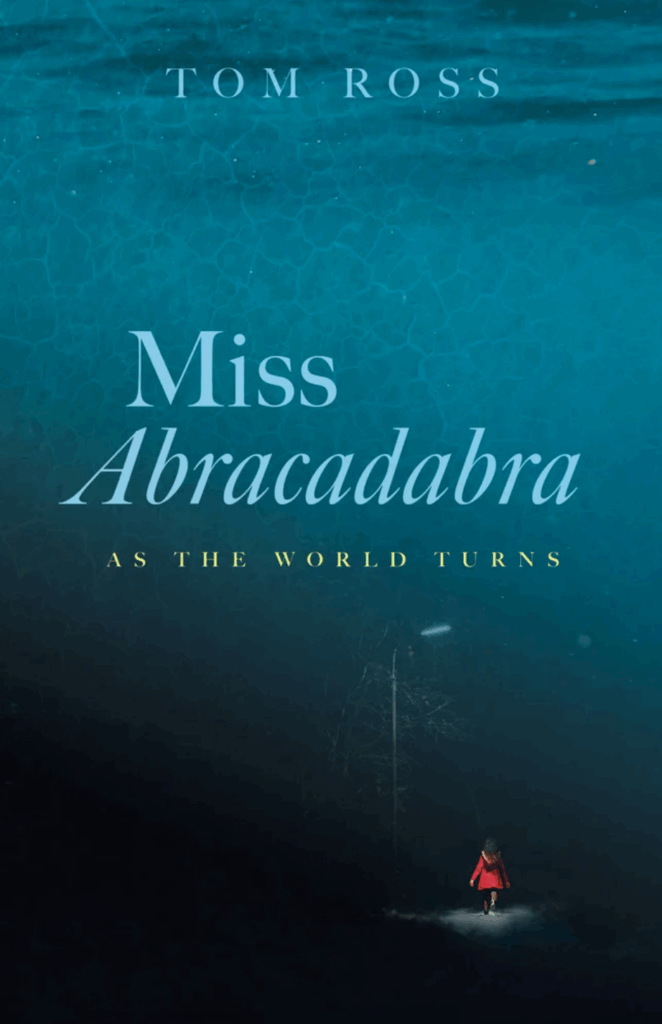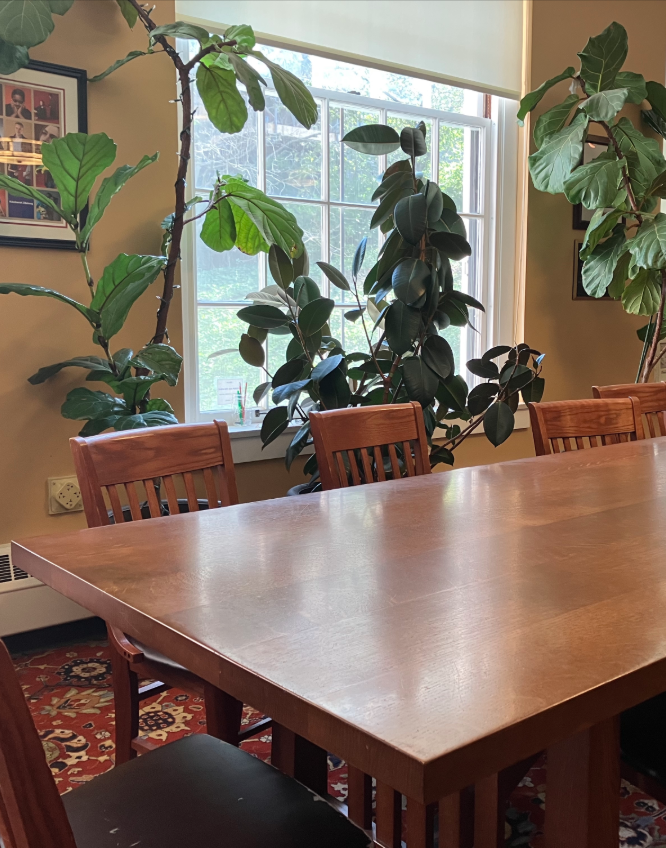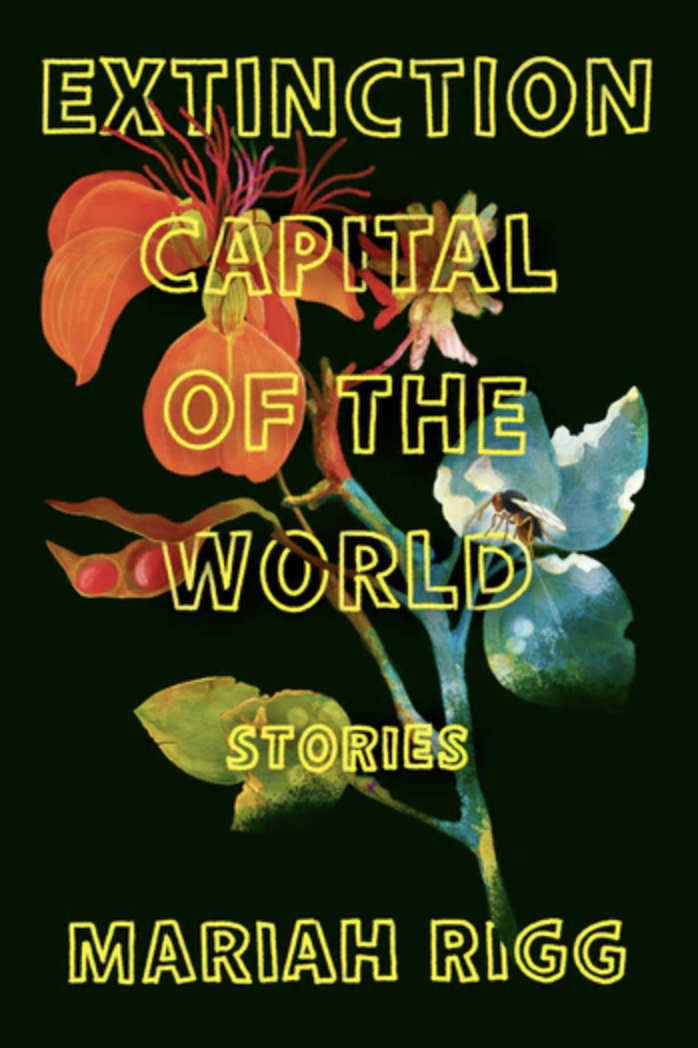We think 15 years of The Common is worth celebrating, and we want you to be there when we do! Join us for a conversation, Q&A, and book signing at the Brooklyn Book Festival this September.
Friday, September 19, 7pm
Books Are Magic Montague
122 Montague St., Brooklyn, New York
Official Brooklyn Book Fest BookEnd Event
Our special guests will include Emily Everett, TC managing editor and author of the Reese’s Book Club Pick All That Life Can Afford; Olivia Wolfgang-Smith, former TC social media editor and author of the novel Mutual Interest; Annell López, author of the story collection I’ll Give You a Reason; and Ananda Lima, author of Craft: Stories I Wrote for the Devil. Come hear these writers discuss how themes of home, immigration, and belonging reverberate in their recent work. After the conversation, we’ll have an audience Q&A and book signing.
Tickets are free, but be sure to RSVP here to reserve your spot. Please share this with anyone who might be interested. We’d love to have a full house.
Not local? Don’t worry! The entire event will be live-streamed on Youtube, so you’ll be able to hear these amazing authors speak from wherever you are in the world. We hope to see you there!
